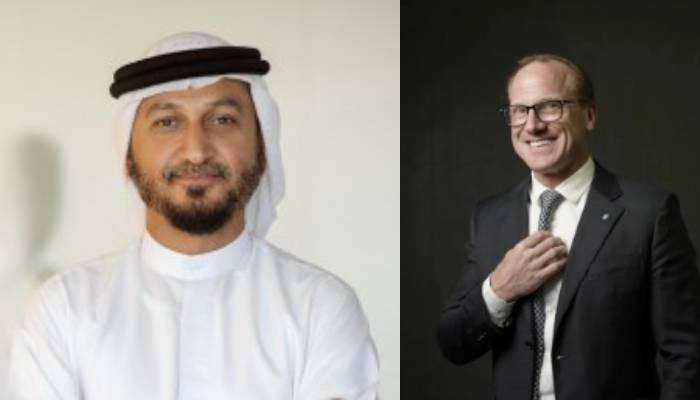The partnership supports the objectives of the UAE Net Zero by 2030 Strategic Initiative and du’s commitment to achieving Net Zero by 2030.
Ericsson and du have collaborated to bolster the communications provider’s network sustainability, expediting their move towards Net Zero by cutting down on network energy use and carbon emissions. Through this partnership, du’s 5G network has achieved a notable 50% reduction in energy consumption, ultimately leading to decreased carbon emissions.
This accomplishment follows the implementation of Ericsson’s 5G Massive MIMO radios and remote radios, encompassing tri-sector solutions like the dual-band and triple-band radios. The two companies have also finished testing advanced functionalities and automation, as natively active 5G energy-efficiency features like Micro Sleep Tx, can further reduce the radio energy consumption by up to 15 percent.
Saleem Alblooshi, Chief Technology Officer, du, said, “As we upgrade our 5G network and see more wireless traffic, we continue to improve our energy efficiency and reduce our carbon footprint. Reaffirming this commitment, our latest partnership with Ericsson enables us to fast-track our journey towards our climate and environmental goals.”
Nicolas Blixell, Vice President and Head of Ericsson Gulf Council Countries, Ericsson Middle East and Africa, said, “At Ericsson, we firmly believe it is possible to scale up 5G while reducing total network energy consumption and are determined to help CSPs break the energy curve. We will support du in every step of the way to enable them to capture the full value of connectivity while building sustainable networks of the future.”
du and Ericsson are also collaborating to build a roadmap and deploy the latest technology capabilities of 5G and beyond to provide the UAE with the best customer experience and lowest carbon footprint for a greener future. The partnership supports the UAE Net Zero by 2050 Strategic Initiative as well du’s commitment to achieving Net Zero Scope 1 and 2 emissions within its operations in the UAE by 2030 and Scope 3 by 2050.

